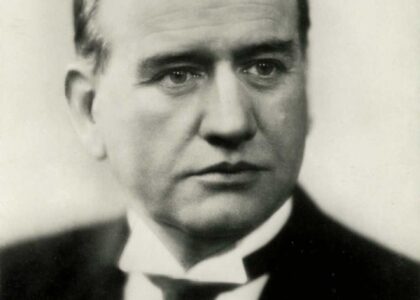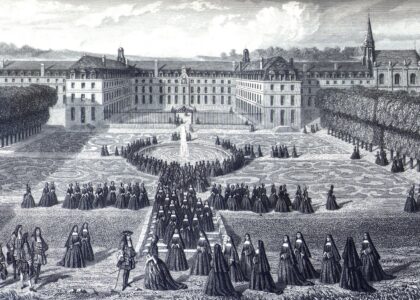Goodland, as we know it today, is a fascinating locality with a rich history that reflects the dynamic changes it has undergone over the years. Although there are multiple places named Goodland, let’s focus on Goodland, Kansas, a town that has played a significant role in the development of the region.
Founded in August 1887, Goodland was established by the Sherman County Development Company. The town quickly rose to prominence when it won the bid to become the permanent county seat of Sherman County. This pivotal event marked the beginning of Goodland’s journey as an influential hub in the area.
The early days of Goodland were marked by a competitive spirit, as various towns vied for the county seat title. The town’s success was secured through a dramatic showdown, where officials from Goodland hired armed cowboys to peacefully retrieve county records from Eustis, the temporary county seat. This bold move solidified Goodland’s status and set the stage for its growth.
The town’s development was further bolstered by the arrival of the railroad, which brought increased trade and connectivity. The railroad facilitated the transport of agricultural goods, which became the backbone of Goodland’s economy. Over time, Goodland evolved from a modest settlement into a bustling community, attracting settlers and businesses alike.
Architecturally, Goodland showcases a blend of historical and modern influences. The Italian Renaissance-style church, dedicated in 1927, stands as a testament to the town’s cultural and religious heritage. This church, initially dedicated to Our Lady of Suffrage and later renamed to Our Lady of Perpetual Help, reflects the strong Catholic presence in the area.
In the broader historical context, Goodland’s story is one of resilience and adaptation. From its humble beginnings to its role as a county seat, the town has navigated the challenges of economic shifts and population changes. Notable figures in Goodland’s history include the early pioneers who laid the town’s foundations and those who contributed to its growth through agriculture and infrastructure development.
Today, Goodland remains a testament to the enduring spirit of its community. Its rich history is woven into the fabric of its streets, buildings, and landmarks, inviting visitors to explore the stories of those who came before.




